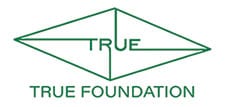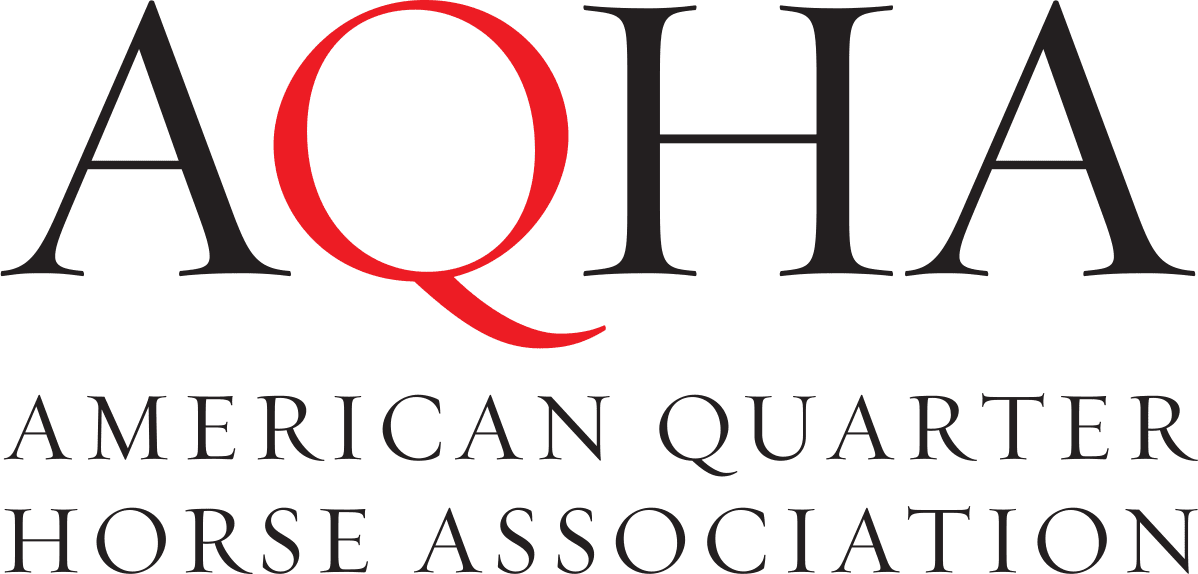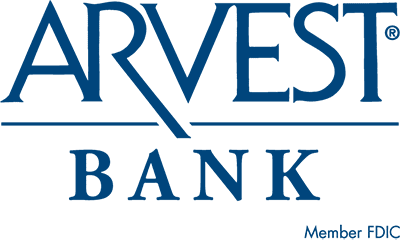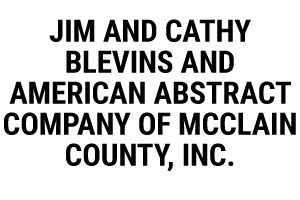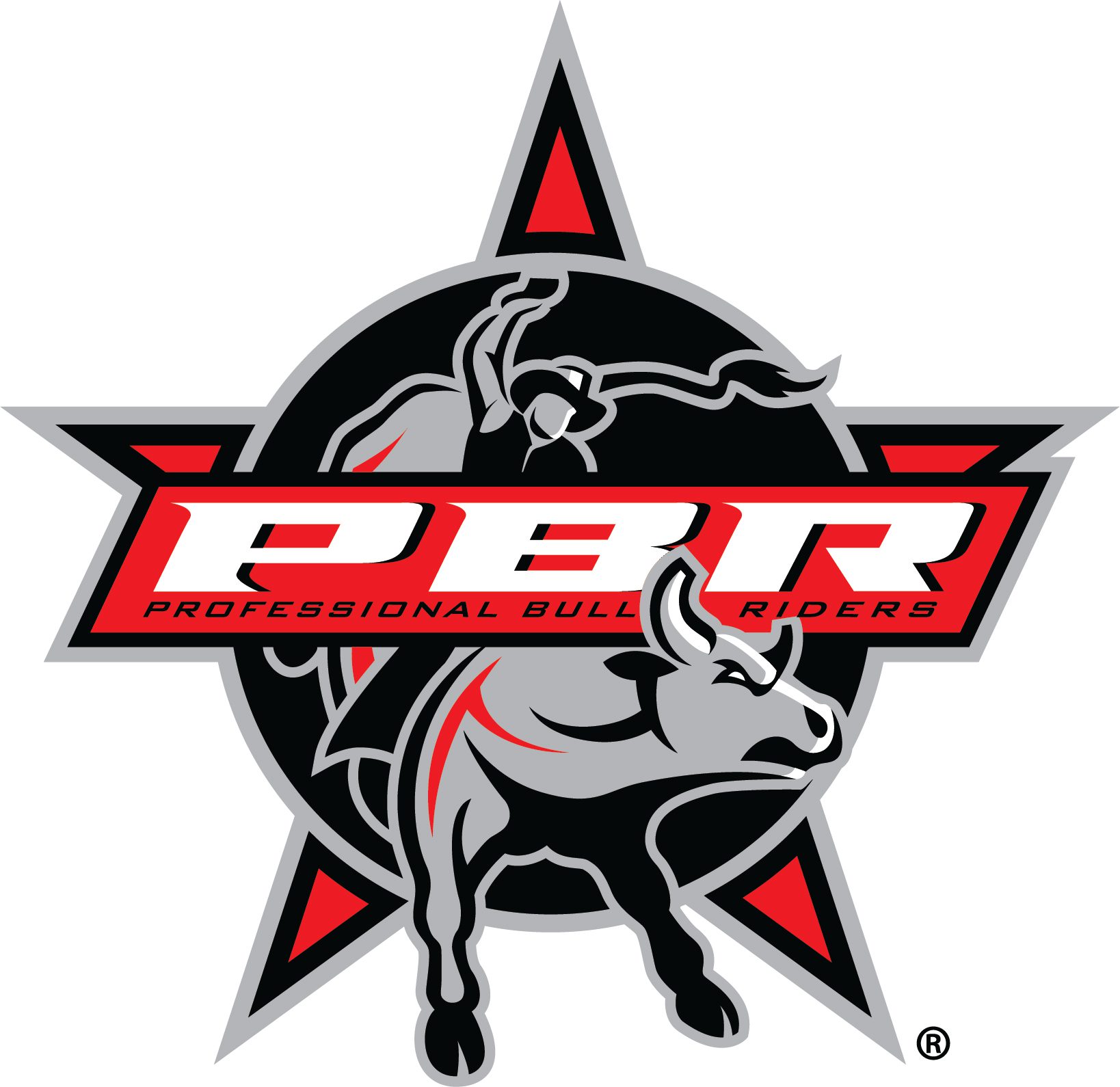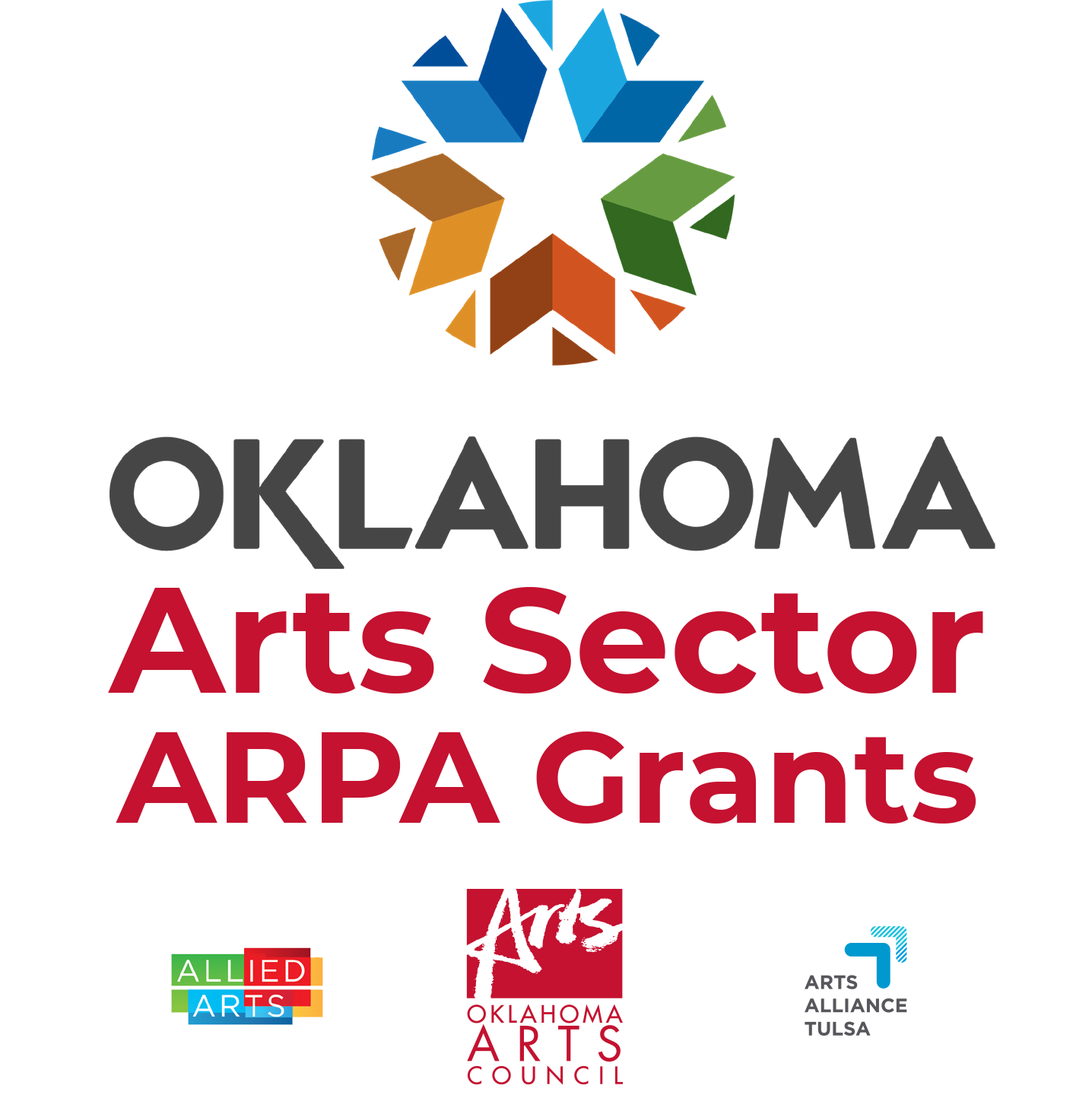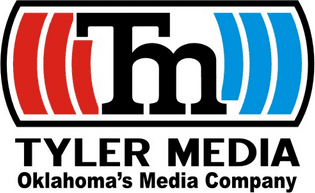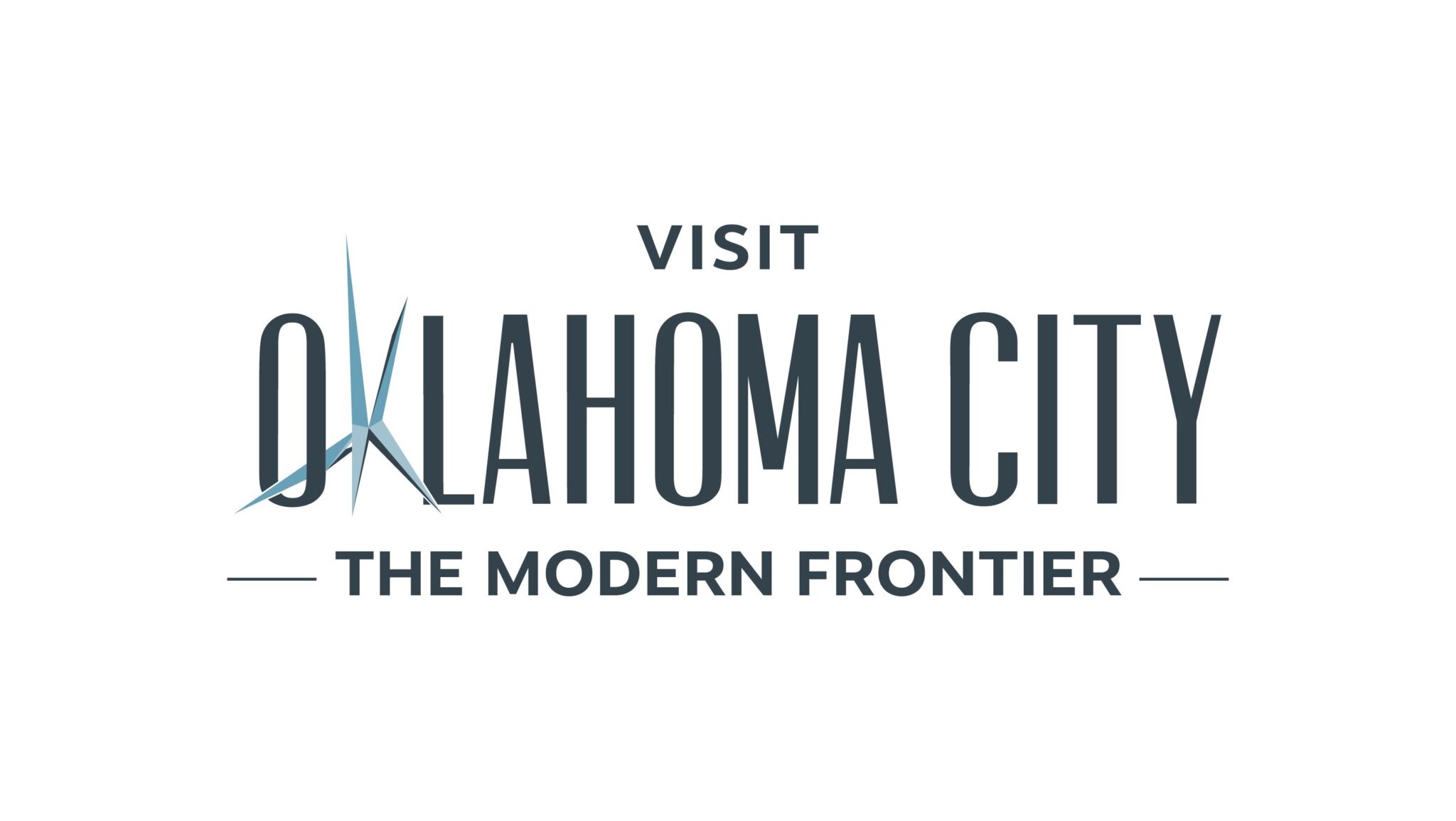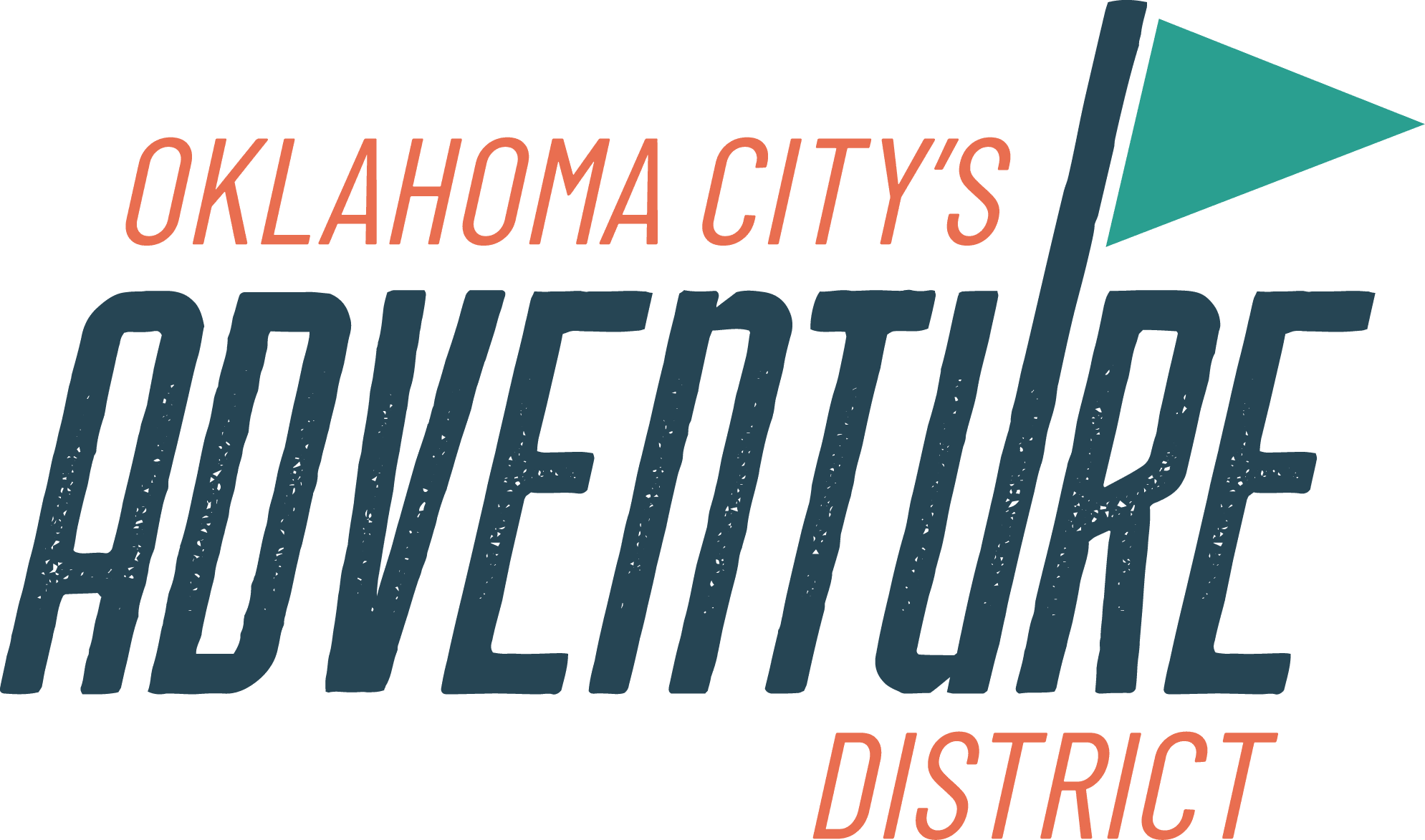Museum Accessibility
Accessibility Statement
The National Cowboy & Western Heritage Museum is committed to inclusive and accessible opportunities and experiences for our guests.
Certified Autism Center
Our organization has worked with The International Board of Credentialing and Continuing Education Standards (IBCCES), a global leader in online training and certification programs, to be designated as a Certified Autism Center™ (CAC). Our staff has completed training and certification in best practices when assisting autistic individuals. By undergoing additional autism-specific training, the goal is for our team to be better equipped to provide better service and experiences to all.
Sound-reducing headphones (Sensory Kits)
The Museum has sensory kits available created by the Autism Foundation of Oklahoma. These kits include thoughtful tools for easing anxiety and increasing communication for individuals with autism and other disabilities in high-stress situations.
Each kit includes:
- Noise-Cancelling Headphones.
- Weighted Lap Pad.
- 2 Sets of Laminated Communication Cards in English and Spanish.
- Notepad & Pen.
- Activity/ Puzzle Book.
- Sunglasses for Dimming Bright Lights.
- Assorted sensory/ fidget items (for all ages)
American Sign Language Interpreters
American Sign Language interpreters can be arranged at no additional charge for guests who are deaf or hard of hearing. We require four weeks’ notice to make arrangements. To request this service, please contact us by emailing sstrain@nationalcowboymuseum.org.
Sensory Guides
Sensory guides are available for all spaces throughout the Museum.
Wheelchairs and Scooters
Wheelchairs and scooters are available for free checkout at the information desk on a first-come, first-served basis with photo identification. Wheelchairs will be sanitized between each use.
Nursing Room
Please feel free to nurse anywhere you are comfortable. A private nursing space can be arranged upon request.
Service animal policy
In accordance with ADA guidelines, service animals are defined as dogs that are individually trained to do work or perform tasks for people with disabilities. Examples of such work or tasks include guiding people who are blind, alerting people who are deaf, pulling a wheelchair, alerting and protecting a person who is having a seizure, reminding a person with mental illness to take prescribed medications, calming a person with Post Traumatic Stress Disorder (PTSD) during an anxiety attack or performing other duties. Service animals are working animals, not pets. The work or task a dog has been trained to provide must be directly related to the person’s disability. Dogs whose sole function is to provide comfort or emotional support do not qualify as service animals under the ADA.
See full ADA guidelines
Questions
If you have other questions or would like information about additional accommodations, please contact:
Shannon Strain
sstrain@nationalcowboymuseum.org
(405) 443-3742
